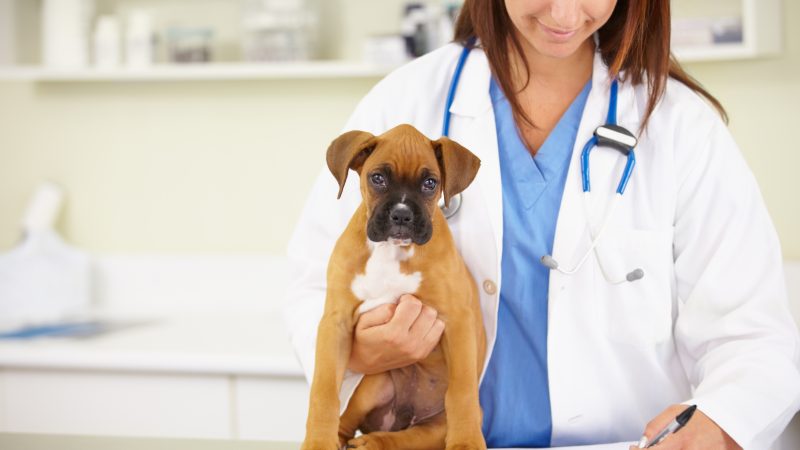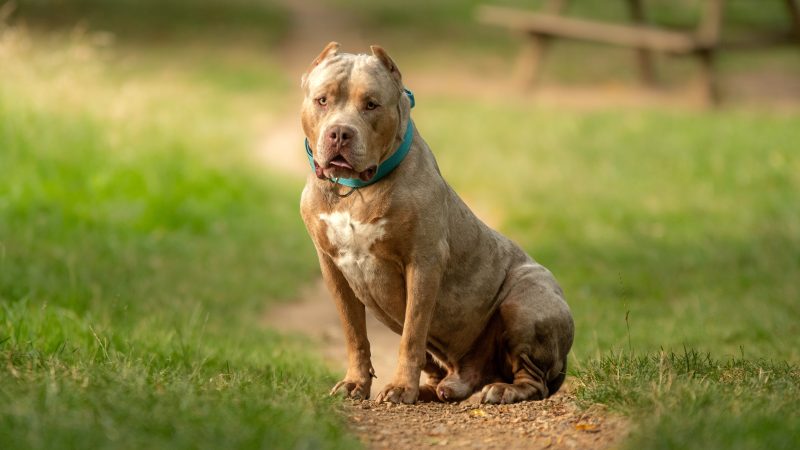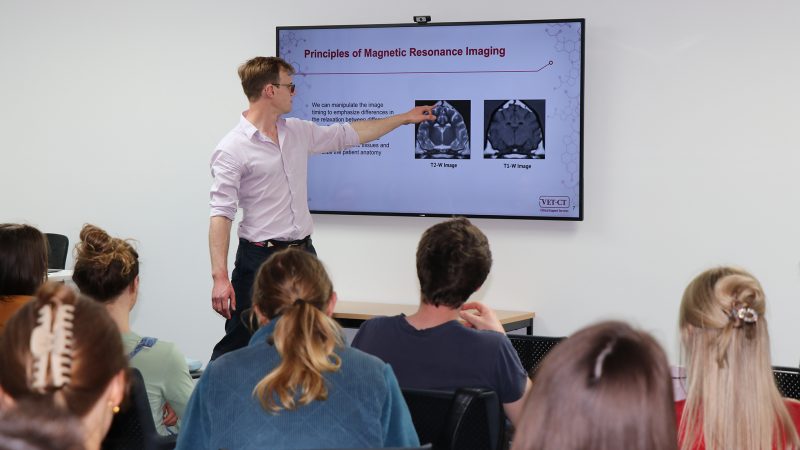Pug health so poor it ‘can’t be considered a typical dog’

New research has found that Pugs face such serious health conditions they can “no longer be considered a typical dog from a health perspective.”
A Royal Veterinary College study found Pugs in the UK were twice as likely to experience one or more disorders annually compared with other dogs and that urgent action is required to reduce the high rate of health issues associated with the breed.
The Pug has become extremely popular in recent decades, with a five-fold increase in Kennel Club registrations from 2005 to 2017.
However, there is growing concern over serious health issues stemming from the breed’s flat face, bulging eyes, wrinkled skin and tendency towards obesity.
A study led by the RVC’s VetCompass programme, compared the health of 4,308 Pugs and 21,835 non-Pugs over the course of a year, with Pugs 1.9 times as likely to have one or more disorders recorded compared to non-Pugs,
Dr Dan O’Neill, Associate Professor in Companion Animal Epidemiology at the RVC and lead author of the paper, said: “Although hugely popular as pets, we now know that that several severe health issues are linked to the extreme body shape of Pugs that many humans find so cute.
“It is time now that we focus on the health of the dog rather than the whims of the owner when we are choosing what type of dog to own.”
Pugs had a higher risk of 23 out of the 40 (57.5%) disorders compared with a lower risk of only seven out of 40 (17.5%) disorders. Brachycephalic obstructive airway syndrome (BOAS)* was the disorder with the highest risk in Pugs, with the breed almost 54 times more likely to have the condition. This reflects the common respiratory difficulties experienced by flat-faced (brachycephalic) breeds due to their extreme flat faces.
Pugs were at higher risk of many other conditions compared to non-Pugs, which included:
- Narrowed nostrils (x 51.3)
- Eye ulceration (x 13.0)
- Skinfold infections (x 11.0)
- Ear discharge (x 9.6)
- Allergic skin disorder (x 5.9)
- Demodectic mange (x 5.6)
- Retained baby teeth (x 4.3)
- Obesity (x 3.4)
Jaya Sahota, co-author and RVC veterinary student, said: “Widespread ownership of Pugs with extreme facial and body conformations should be discouraged until measures are in place to ensure stricter and more acceptable breed standards.”
Justine Shotton, British Veterinary Association President, said: “These statistics are shocking but, sadly, they will not be surprising to our members. Vet teams see pugs with these distressing health problems – from breathing difficulties to eye ulcers and painful spine abnormalities – in veterinary practices across the UK on a daily basis.
“This study clearly demonstrates how it is the extreme characteristics many owners find so appealing, such as squashed faces, big eyes and curly tails, which are seriously compromising pugs’ health and welfare and often result in a lifetime of suffering. While these extreme, unhealthy characteristics remain, we will continue to strongly recommend potential owners do not buy brachycephalic breeds such as pugs.”
The full findings can be read HERE.







